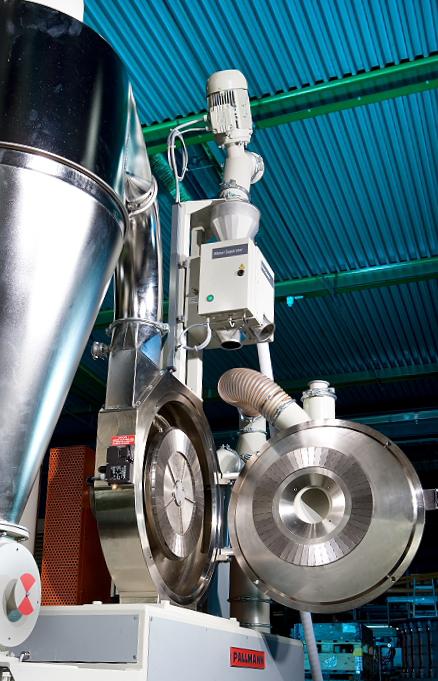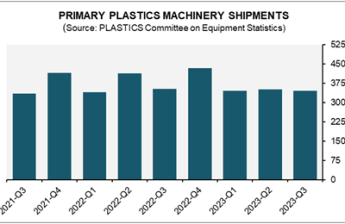Chemical manufacturer Kuraray’s Eval division, one of the largest manufacturers of ethylene vinyl alcohol (EVOH) in the America region, is showcasing its newly installed Davis-Standard cast
coextrusion film and sheet pilot line in a two-day open house at Kuraray’s Research and Technical Center in Pasadena, Texas starting from April 18.
 The seven-layer line produced by Davis-Standard, a specialist in the design, development and manufacturing of extrusion systems worldwide, was commissioned at the center in April and is available for external trials.
The seven-layer line produced by Davis-Standard, a specialist in the design, development and manufacturing of extrusion systems worldwide, was commissioned at the center in April and is available for external trials.
“This system gives our existing and potential customers access to innovative process technology and a pilot scale line to produce model film and sheet structures for lab or field application testing,” said Gene Medlock, Principal Research Engineer at Kuraray America. “Our customers will be able to effectively evaluate different material combinations and use process data from trials for scale-up. They will also benefit from our analytical and barrier performance testing capabilities, which are co-located with our process lab in Pasadena.”
According to Davis-Standard, the custom engineered line features five extruders and is capable of producing cast film and sheet in thicknesses ranging from 1-60 mil (25-1,524 microns). The line supports a conventional seven-layer arrangement as well as configurations up to 21 layers using a Cloeren NanoLayer feed block, making it possible to achieve several unique properties within a structure.
Additionally, the line is equipped with full gravimetric control via Davis-Standard’s Epic III supervisory control system. This technology complements Kuraray’s existing coextrusion capability for producing seven-layer blown film and multi-layer Pet/Eval barrier containers.
In addition to the new pilot line equipment, Kuraray offers support during the design, development and validation processes. This enables producers to coextrude structures and measure critical performance barrier properties under a broader set of conditions. It also reduces the number of iterations required to deliver the final product, shortens development cycles and trims costs.
The production line can support applications in food and medical packaging, agricultural fumigation, crop protection, building and construction. “We anticipate a lot of interest from both our existing customers in the food packaging industry as well as potential customers that process agricultural films for soil fumigation, crop protection, waste containment, and other applications,” said Mr Medlock.
Source : www.adsalecprj.com







